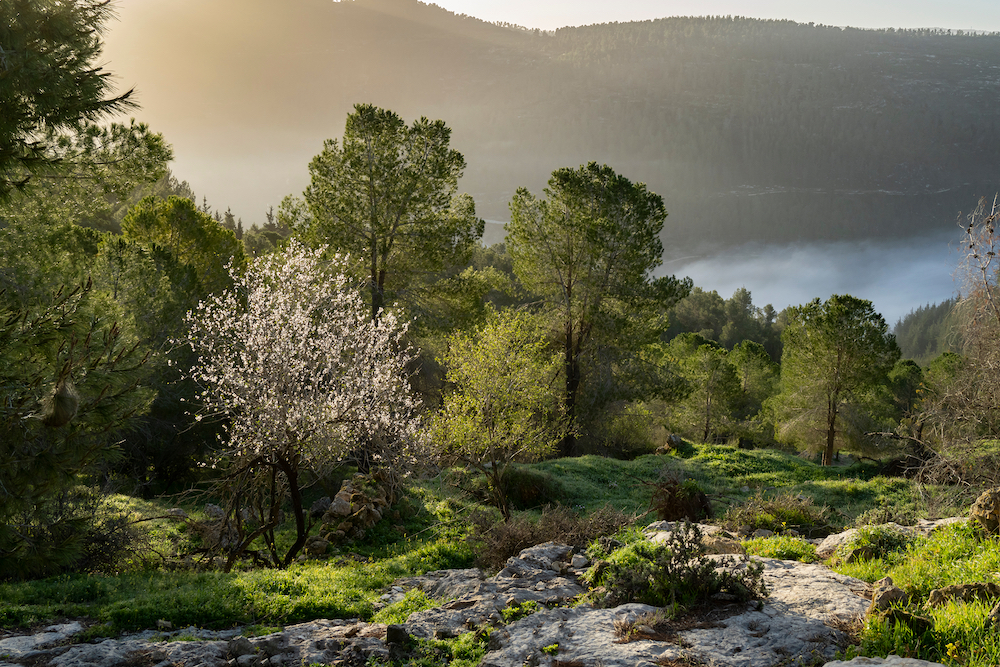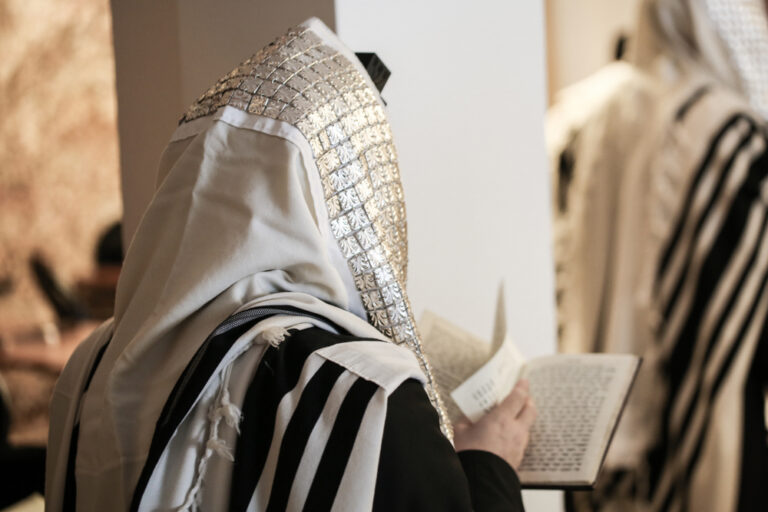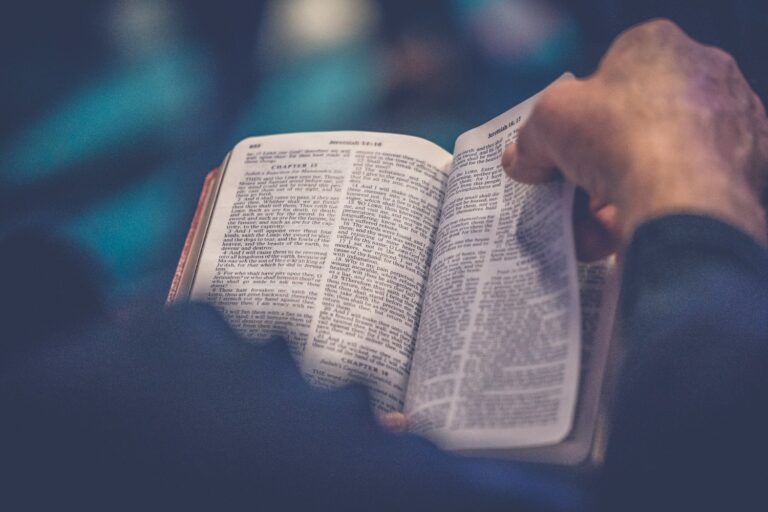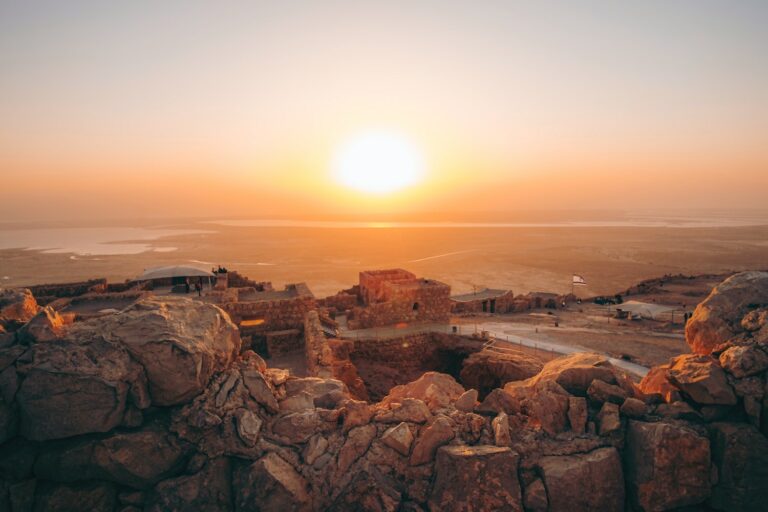Biblical Trees
From the opening pages of the Bible in Genesis to the closing ones of Revelation, trees are a significant theme.
There is an interesting verse in Numbers 13:20, “… and whether there are trees in it or not.” In it the Hebrew word (etz)translated usually as ‘trees’ in English and in a few cases ‘wood’, is in fact singular, a tree, not trees. It is as if Moses asks the men to find out if there is a single tree in the land. A very strange request. However, Rashi, a famous Jewish scholar born in 1040 in France, says that in this case the word tree refers to a Tzaddik, a righteous man. According to Rashi, Moses wanted to know if there was even one righteous man in the land. And indeed, the righteous are likened to trees in the Bible. Such as Psalm 52:8 “But I am like a green olive tree in the house of God; I trust in the mercy of God forever and ever.” And Psalm 92:12, “The righteous shall flourish like a palm tree, He shall grow like a cedar in Lebanon.” The man who does not follow the ways of the ungodly but delights in God’s word, is like “…a tree planted by the rivers of water, that brings forth its fruit in its season, whose leaf also shall not wither; And whatever he does shall prosper.”
In Biblical times the land of Canaan was covered with forests. However, when Jews returned to Palestine at the end of the 19thC, the land was largely denuded. Trees had been used by the various invaders and occupiers for wars, making charcoal for ore smelting, laying railway lines and overgrazing by the Beduin with their goats. The Ottoman Empire put a tax on the number of trees someone owned causing the owners to cut many down which completed the destruction. The Holy Land was a barren, depressing sight to travellers and pilgrims.
The desolate land will be cultivated instead of lying desolate in the sight of all who pass through it. I the LORD have rebuilt what was destroyed and have replanted what was desolate. I the LORD have spoken, and I will do it.’ Ezekiel 36:34-36
But since the return of the Jews and due to the efforts of Jewish organisations, especially KKL/JNF the Jewish National Fund, over 250 million trees have been planted throughout the land – mainly Jerusalem pines – although when fires, due to terrorism or carelessness, cause major destruction to these forests, trees that were native during the Biblical era such as the oak are replanted, rather than the flammable pine trees.
The 2022 Feast of Tabernacles concluded with a special Solidarity Rally in the western Negev to show support for Israeli communities living under constant rocket threat along the Gaza border area. The rally included a tree planting ceremony with JNF representatives to reflect the ICEJ’s commitment to the security and re-greening of the region.
Australian Trees Help Defend Israel
From 1890, eucalypts from Australia were imported by Jewish pioneers to drain swampy areas, drawing water from the soil to then evaporate through the trees’ leaves, stems and flowers. During the 20th century the eucalypt became the second-most planted tree (after the pine) in Israel, first by the British Mandate, and then by JNF.
They have become so much part of the Israeli landscape that a survey before Tu B’shevat 2022, revealed that Israelis think of the eucalyptus as the most ‘Israeli tree’, even though the tree is not native to the Middle East.
Eucalypts have played a significant role in the defence of Israel. Famous spy Eli Cohen who had been accepted into the highest levels of Syrian society, once observed Syrian fortifications in the Golan from where Syrian artillery frequently targeted the communities of Galilee. Cohen suggested that the Syrian military plant trees around the fortifications to provide shade for their soldiers. These trees contributed enormously to the IDF’s success during the Six-Day War, serving as easily identifiable targets. Now, Israelis picnic under them.
More recently in 2011 when rockets were being fired into Israel at a straight trajectory from Gaza, Israeli kibbutz members planted quick growing Eucalyptus saplings as a line of defence. A bonus for the community was their attraction to bees resulting in the production of honey.
Rejoicing Trees
“Let the field be joyful, and all that is in it.” Then all the trees of the woods will rejoice before the LORD. Psalm 96:12
Tu B’shevat is the 15th of the Biblical month of Shevat. It is the season when sap begins to rise in the tree and in ancient times it marked an important date for Jewish farmers. In Leviticus 19:23-25 and Leviticus 27:30 there were instructions about tithing the fruit of a tree as well as at what age the fruit could be harvested. It was important to know the ‘birthday’ of a tree. The Rabbis, therefore, established the 15th of Shevat as a general ‘birthday’ for all trees, regardless of when they were actually planted.Following the rebirth of the State, this date has become a tree planting day throughout Israel. Individuals, organizations, groups of people across the spectrum of society go out to forests, parks and suburban areas to plant trees and flowers with much enjoyment!
A special meal is held at synagogues or homes which includes the eating of nuts and dried fruits.
We can rejoice with the trees that the restoration of the Land and its people point to the return of Messiah.
“Then the trees of the woods shall rejoice before the LORD, For He is coming to judge the earth.” 1 Chronicles 16:33




